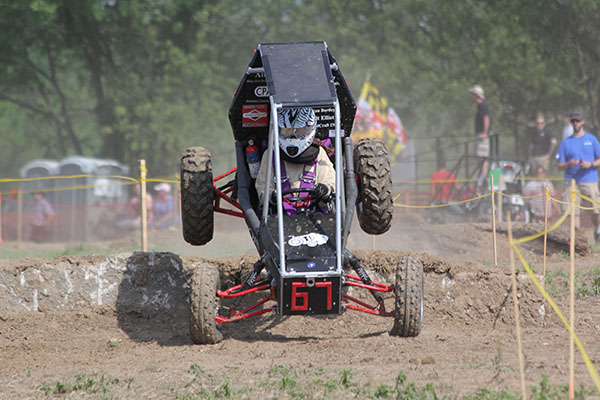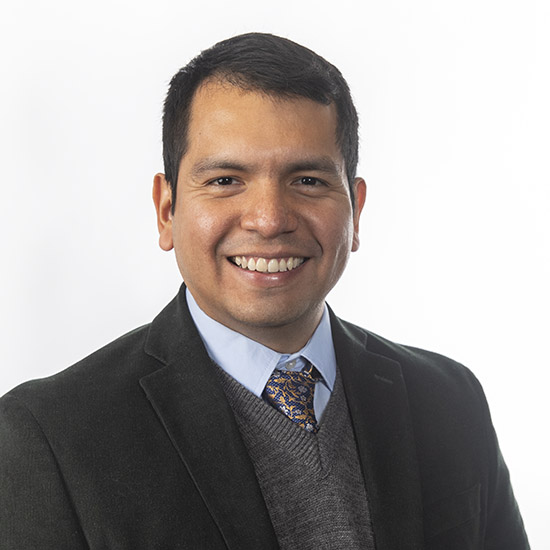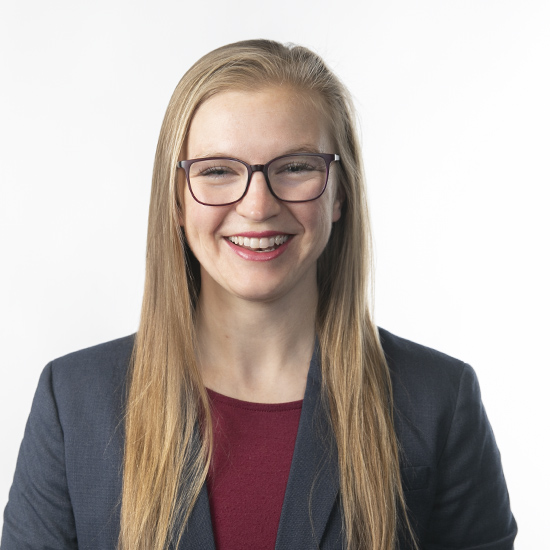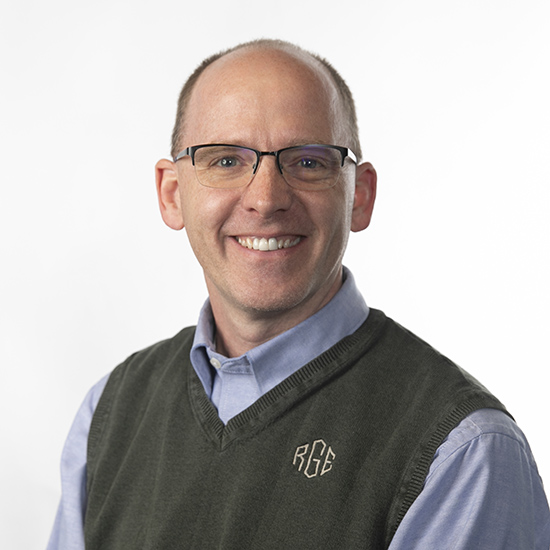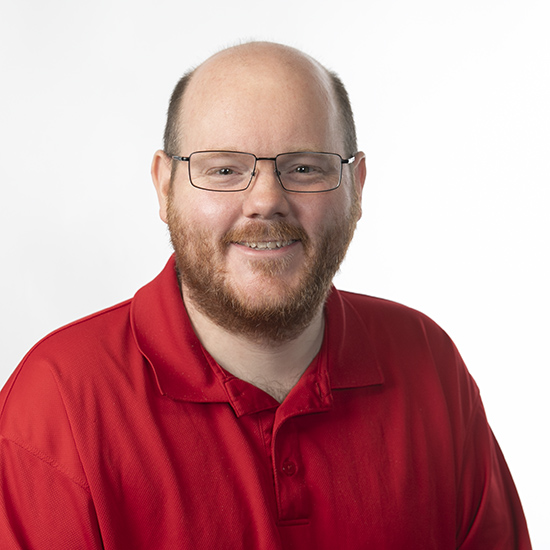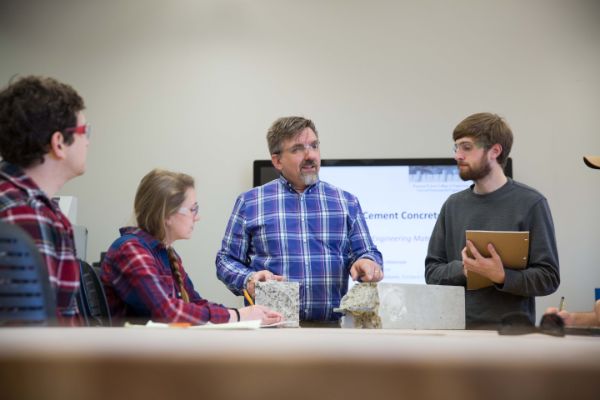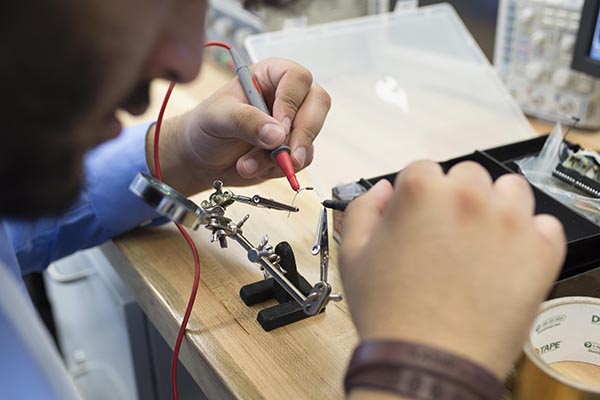Program Overview
At our core, engineers are professional problem solvers. We see unmet needs, understand the constraints on choices, use mathematics to solve simplified models and get our hands dirty to test for solutions.
Join a program where everyone knows your name. Our small class sizes and elite faculty lend themselves to your personal success and challenge you to integrate faith and learning. You’ll also be taught in an environment built for engineering — our brand new building is home to small classrooms, study spaces, an innovation studio with the latest tools, cutting-edge laboratories and a machine shop.
With unique opportunities like engineering missions, professional societies, world-class partnerships and innovative design projects, you’ll thrive and grow here. And once you graduate, you’ll join your peers studying in top-ranked graduate programs or working for some of the world’s best companies.
Our program is ABET-accredited.
Courses
View the list of courses for the Mechanical Engineering, B.S. required below.
Job placement rate
FE Exam Pass Rate
Our Faculty
Career Paths
Mechanical Engineers
Mechanical engineers design, develop, build, and test mechanical and thermal sensors and devices, including tools, engines, and machines.
Aerospace Engineers
Aerospace engineers design primarily aircraft, spacecraft, satellites, and missiles. In addition, they test prototypes to make sure that they function according to design.
